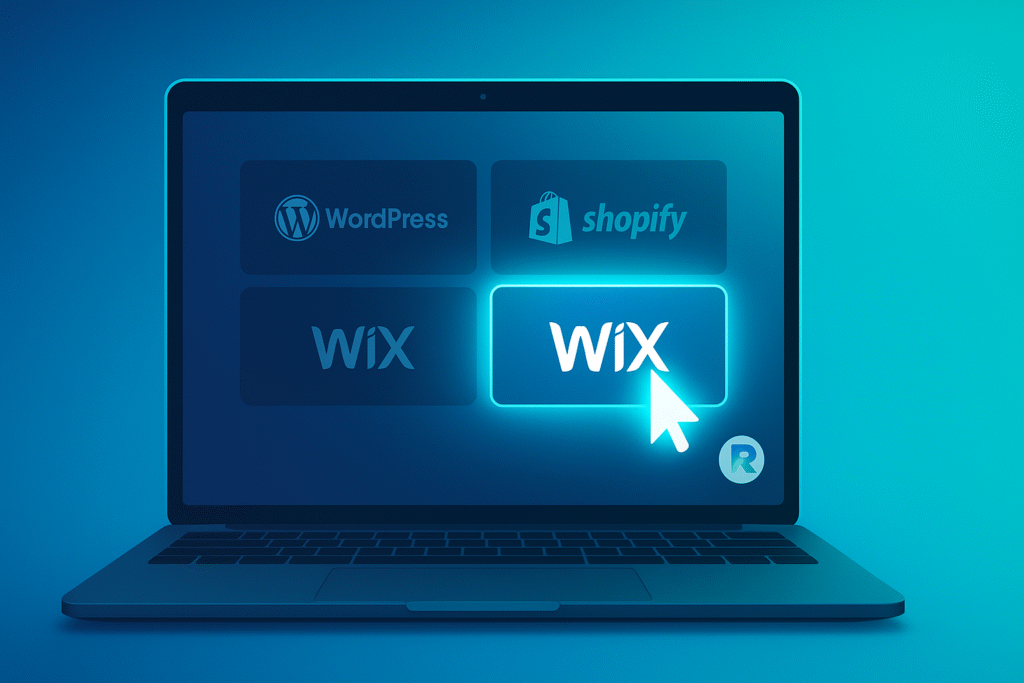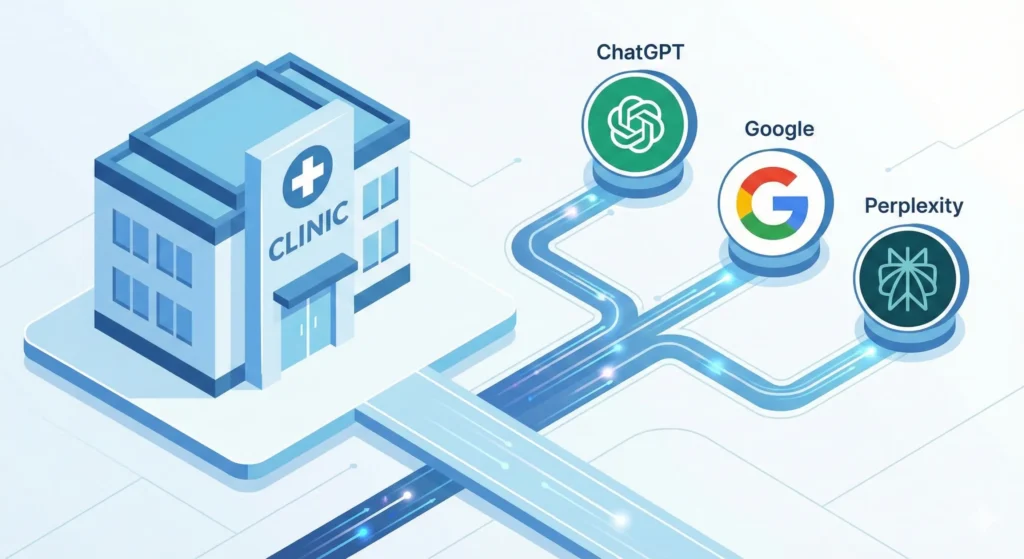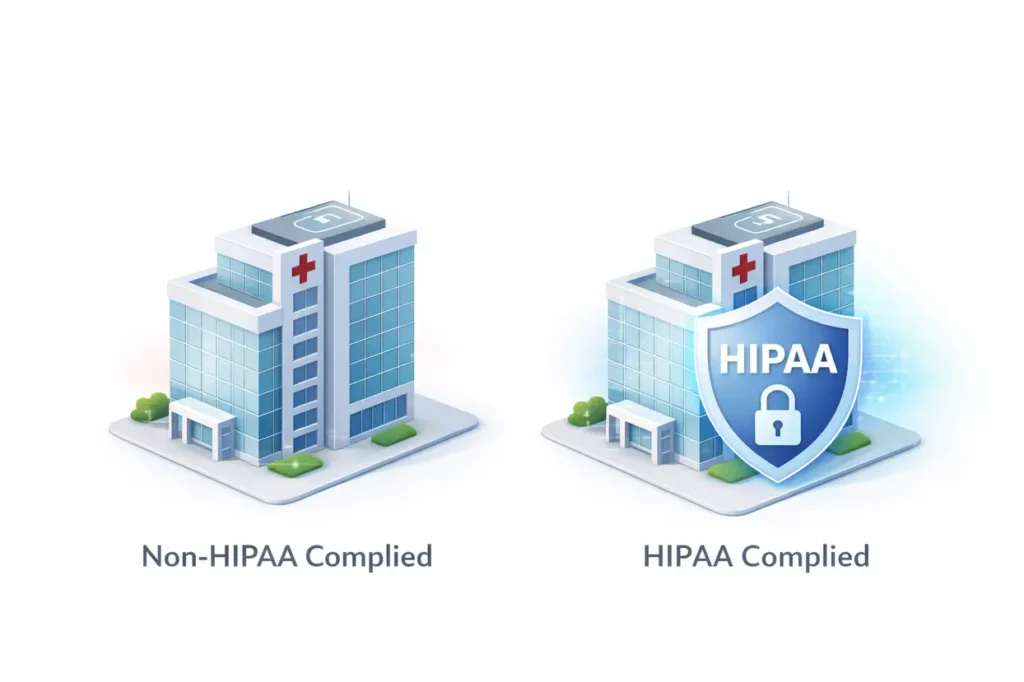So you’re looking to build a website, huh? Maybe you’re eyeing that slick online store idea you’ve had buzzing around in your head, or you just need a spot to show off your services. Either way, choosing the right platform can feel like picking the right ride for a road trip—should you hop on a bike, rent a car, or just grab a bus ticket? Each choice leads you down a different path.
Let’s break it down into something you can actually wrap your head around. We’ll keep it chill, toss in some easy-peasy analogies, and help you decide which setup makes the most sense. By the end, you’ll know if you need a crew that’s all about WordPress, a team that’s fluent in good old HTML and PHP, or an agency that’s a whiz at Shopify or other specialized platforms.
1. When to Go Old-School (HTML, CSS, PHP)
Remember back in the day when all a website was, was some basic text, a few images, and maybe a funky background color? That’s like rolling in a classic car—no fancy dashboards, just the pure basics. If you’re after a totally custom website built from scratch, hiring a dev team that works directly with HTML, CSS, and PHP is like bringing on master carpenters to build a house from the ground up. They’ll have full control, mezaning you can get a super unique design with all your special bells and whistles.
- Pros: Full customization, no platform limits, total creative freedom.
- Cons: Takes more time, usually costs more, and you’ll need your devs on speed dial whenever you want changes.
2. WordPress: The Friendly All-Rounder
WordPress is like your dependable pickup truck—solid, reliable, and can handle almost anything you throw at it. Need a blog? No sweat. Want to add e-commerce stuff later? Sure thing, just pop in a plugin. Hiring an agency that specializes in WordPress is a great move if you want a balance of user-friendliness and flexibility. These folks can whip up a custom theme that still lets you tinker with pages after they’ve done their magic. It’s perfect if you’re the kind of person who wants something running fast without feeling trapped.
- Pros: Huge community, tons of plugins, easy to update without bugging your devs for every tiny tweak.
- Cons: Can get messy if you install too many add-ons, and not always the fastest if overloaded with features.
3. Shopify: Your Shortcut to an Online Store
If selling online is your main jam, Shopify is like rolling up to a mall that’s already built, furnished, and ready for customers. Think of it as renting a cool, ready-to-use store space—you don’t have to worry about the plumbing or electricity; you just bring your products and start selling. A Shopify-savvy agency can customize your store’s look, hook up payment gateways, and set up shipping options. It’s a no-brainer if “Buy Now” buttons and checkout pages are your priority.
- Pros: Super streamlined for e-commerce, secure payment handling, less hassle setting up shop.
- Cons: Monthly fees and extra charges for some features, limited flexibility compared to building from scratch.
4. Other Platforms & Frameworks: Wix, Squarespace, Laravel, and Beyond
Wix and Squarespace are like renting a furnished apartment—everything’s neat and pretty out of the box, and you can move stuff around easily. If you want something simple and sleek without learning the ropes of web development, these platforms are solid. On the other hand, if you’re eyeing something more high-end and complex, some dev agencies might suggest frameworks like Laravel (PHP-based) to give you next-level custom features. It’s like building a custom mansion with secret rooms if that’s your style.
- Wix & Squarespace (Hosted Builders):
- Pros: Drag-and-drop ease, quick setup, less stress.
- Cons: Limited flexibility, might outgrow these if you get super ambitious.
- Laravel & Other Frameworks:
- Pros: Serious custom power, top-notch performance, can build features as unique as you are.
- Cons: Higher cost, longer development time, and you’ll need a dev team that really knows their stuff.
5. Factor in Your Future Plans
Think about where you’re headed. Are you starting small, like a one-person show, and planning to expand later? If you’re dreaming big—like turning a tiny store into a global brand—make sure the platform you pick can scale without giving you a migraine. WordPress and Shopify, for example, are pretty chill about growing with you. If you jump into something super custom too soon, it might feel like driving a limo to pick up milk—overkill, expensive, and tough to maneuver.
6. Don’t Forget the Money Talk
Your budget matters—big time. HTML/PHP custom builds might require more cash upfront but pay off in pure freedom. WordPress can be middle-of-the-road cost-wise: not as cheap as a drag-and-drop builder, but more flexible. Shopify charges monthly fees, but you’re paying for convenience and a stress-free e-commerce setup. Always ask agencies about their pricing models, maintenance costs, and any hidden “gotchas.” It’s kinda like comparing grocery shopping: do you buy the fancy organic apples or the regular kind on sale?
7. Maintenance and Friendliness
If you want to make small updates on your own—maybe swapping out a product photo or changing some text—platforms like WordPress and Shopify let you do that pretty easily. Going fully custom (HTML, PHP) might mean calling your agency every time you need to tweak a sentence. If that sounds too needy for your taste, lean towards something more user-friendly. It’s like choosing between a manual car or an automatic—sometimes, you just don’t want the hassle of shifting gears.
8. Trust Your Agency’s Vibe
At the end of the day, the agency you pick matters as much as the platform. Make sure they get your vision and can explain things without making you feel dumb. A good agency will guide you through the pros and cons, not just push whatever solution they profit from most. They’ll be your personal GPS, showing you shortcuts and warning you about roadblocks. If they seem sketchy or talk over your head, bounce.
In a Nutshell…
- Simple and Slick Site: Try hosted builders like Wix or Squarespace, or a WordPress-based setup by a friendly agency.
- Full Control and Unique Features: HTML, PHP, Laravel—custom builds that let you go wild, as long as you’re cool with a bigger budget and more dev help.
- Online Store Made Easy: Shopify, no-brainer.
- Balance Between Freedom and Ease: WordPress is your middle ground, especially with the right team by your side.
Final Thought:
Picking the right platform is about striking that sweet spot between what you need now and what you’ll need tomorrow. Take it slow, ask questions, and don’t let anyone shove you into a solution that doesn’t feel right. The best platform is the one that makes you say, “Yeah, this totally fits me,” without breaking the bank or your brain. Once you find that sweet match, your website journey will be way smoother than you ever imagined.













